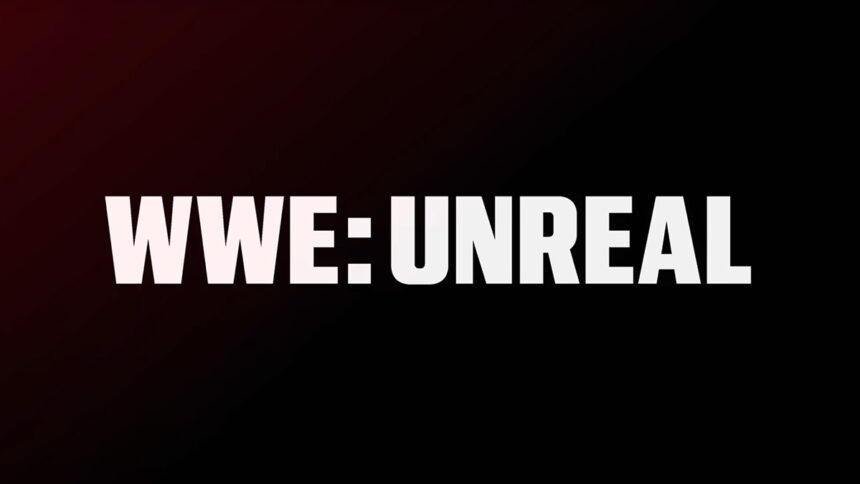Former WCW president Eric Bischoff believes that the upcoming Netflix documentary series, “WWE Unreal,” represents a strategic opportunity to deepen fan engagement if it can balance education with the preservation of the mysticity of wrestling.
Speaking with co-host Conrad Thompson about the “83 Weeks” podcast, Bischoff addressed Stone Cold Steve Austin’s concerns about exposing too much of the inner workings of wrestling, while providing a more practical perspective on the evolution of sports entertainment.
“I had mixed feelings like Steve, and I used a lot of magic and Kayfabe analogies, so I got a place where Steve agreed with him in many ways,” explained Bischoff. “But as the business continues to grow and evolve, there is another aspect, finding ways to connect and engage with the audience is growing and evolving, and you have to grow and evolve in the business of the entertainment business.”
The discussion comes in response to Austin’s recent interview with Ariel Helwani. There, the WWE Hall of Famers has expressed reservations about pulling back the curtains.
UFC comparison: Education as engagement
Rather than viewing behind-the-scenes content as potentially damaging, Bischoff elicited a compelling similarity to the UFC’s successful strategy of educating viewers on the technical aspects of mixed martial arts.
“Let’s take MMA as an example. If you ask someone what the naked chalk in the back is 20 years ago, they probably think it’s a kind of sexual kick. “If you’re going to take fans out of the 20,000 people who have appeared at the UFC event now, or find someone sitting at the bar…everyone knows what it is.”
He explained this “infotainment” model in detail.
“The UFC did an incredible job of educating the audience about the nuances of sports, and in doing so they attracted the audience to be more interested. They call infotainment. They provide information. The UFC offers all the different means of color comments, play interviews and media.”
According to Bischoff, this educational approach has proven successful in multiple sports, creating a deep connection between fans and the products they consume.
“No one knew that Brazilian Jiu-Jitsu was actually outside of a small segment of people and audiences who were in the sport. The general population didn’t know what Brazilian Jiu-Jitsu was.
WWE’s “unrealistic” opportunities
For WWE, Bischoff believes “unrealistic” could follow this template.
However, he acknowledges the risks inherent in this approach. “To Steve’s point, you risk exposing the magic,” admits Bischoff, suggesting that the potential benefits outweigh the shortcomings of most viewers. Ultimately, Bischoff believes success depends on whether WWE should expose the internal mechanics of wrestling, but on its execution.
“That model has proven themselves across traditional sports and other forms of entertainment. The question is how they do it. Can they do it without disappointing people like Steve Austin or Eric Bischoff? But I also want to cast a little spell.
As WWE prepares to launch “Unreal” on Netflix this summer, Bischoff’s analysis suggests that it is making a calculated bet that increased transparency will lead to stronger audience connections.













